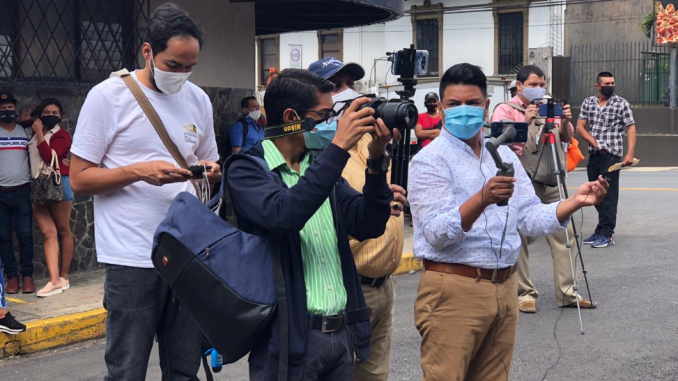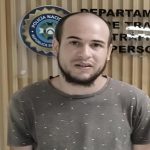The study “Journalism in Nicaragua: A shrinking profession”, by the organization Independent Journalists and Communicators of Nicaragua (PCIN), reveals that the majority of journalists in exile, 77%, who continue to report and report on the reality of Nicaragua lives in precarious conditions.
The document collects the information provided by 116 journalism professionals, shows data that shows the precariousness of the union, the high risks to practice the profession and self-censorship, as a consequence of state violence and persecution.
66% of the men and women of the press consulted continue to practice the profession in the adverse context, 34% stopped working as journalists due to the same persecution of the Ortega Murillo regime.
Related news: Ortega and Murillo greet journalists in their day, but banish them and take away their nationality
“94% of the group of journalists consulted confirm that the State of Nicaragua is the main censor entity. Likewise, 91% of those consulted acknowledge that independent journalists in Nicaragua have been the object of attacks, impeded from free movement, affected by judicial processes and a legal framework configured to criminalize the profession, “says PCIN in an official statement.
According to a count by PCIN, between February 9 and 15 of this year, at least 22 journalists, critical of the Daniel Ortega regime, were declared “traitors to the homeland,” some exiled to the States and others stripped of their nationality. . Since 2018, the regime has ordered the closure of some 50 media outlets and information spaces.
The regional network Voces del Sur documented that 93 journalists were forced to leave Nicaragua into exile due to constant threats of imprisonment and their physical integrity. With this figure, there are already 178 press men and women who have left the country since April 2018 as a result of the sociopolitical crisis and the regime’s onslaught against the free press.
The PCIN study was presented in the framework of the National Journalist’s Day. In addition, it analyzes the situation of press freedom and the conditions faced by Nicaraguan communicators to practice their profession.


















